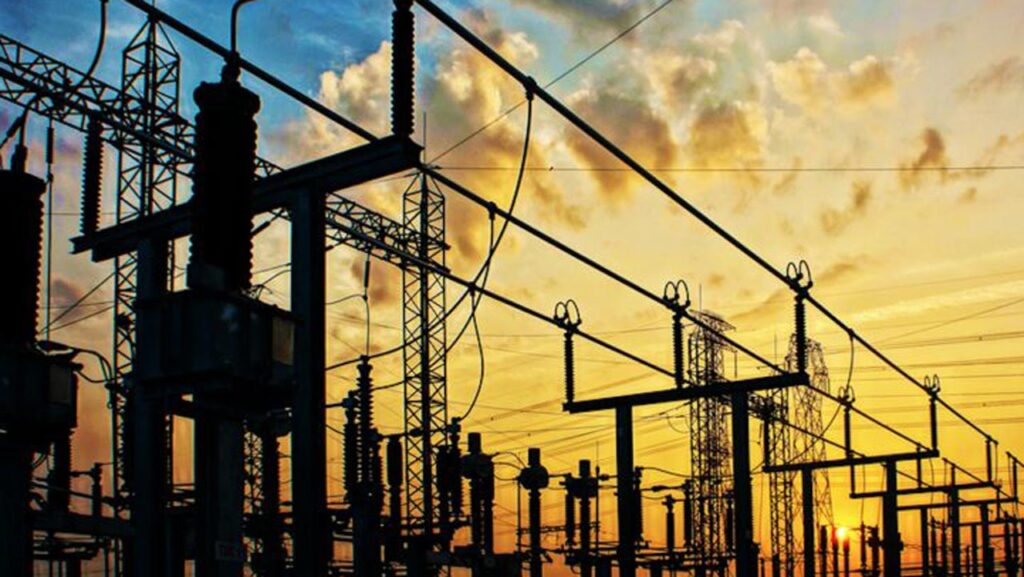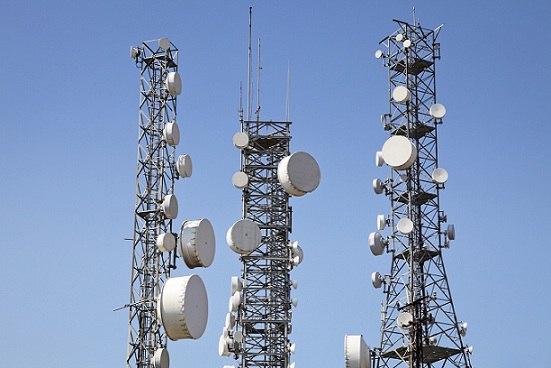As Nigeria faces a looming increase in electricity and telecom tariffs, the Nigeria Labour Congress (NLC) has threatened nationwide protests, warning that the hikes will further burden struggling citizens and cripple businesses.
The impending price adjustments in power and telecommunications services, two critical sectors of the economy, have raised serious concerns about inflation, business survival, and overall economic stability.

What is Behind the Tariff Hikes?
The proposed electricity tariff increase follows the Federal Government’s plan to remove subsidies, making power consumers pay the full cost of generation and distribution.
According to the Nigerian Electricity Regulatory Commission (NERC), the new cost-reflective tariff could see electricity prices surge by over 66%, from N116.18 per kilowatt-hour to N193.63 per kilowatt-hour for customers in Bands B to E. This would align with what Band A customers, who receive at least 20 hours of daily power supply, currently pay.
Similarly, the planned telecom tariff hike stems from rising operational costs faced by network providers due to foreign exchange fluctuations, increased diesel prices, multiple taxation, and infrastructure challenges.
Telecom giants like MTN, Glo, Airtel, and 9Mobile have expressed concerns over unfavorable business conditions, warning that without tariff adjustments, service quality may decline.
NLC’s Stand: A Protest in the Making
Reacting to the tariff hikes, the Nigeria Labour Congress (NLC) has vowed to mobilize workers and civil society groups for mass protests unless the government reconsiders its decision.
The labor union argues that the increases will worsen economic hardship, especially as Nigerians already struggle with high inflation, unemployment, and food insecurity.
In a statement by the NLC, President Joe Ajaero condemned the government’s failure to consult stakeholders before approving the tariff hikes, calling it an anti-people policy.
He warned that the proposed increases could destabilize businesses, worsen poverty levels, and push more Nigerians below the poverty line.
Implications of the Tariff Hikes
If implemented, the electricity and telecom tariff hikes will have far-reaching consequences for households, businesses, and the economy at large.
- Higher Cost of Living: Households will spend more on electricity and phone bills, further reducing disposable income.
- Many Nigerians may be forced to cut back on essential services to cope with rising expenses.
- Increased Inflation: Higher electricity and telecom costs will raise the price of goods and services as businesses pass the increased expenses onto consumers. This could worsen inflation, which is already at a record high of over 28%.
- Threat to Businesses: Small and medium-sized enterprises (SMEs), which rely on electricity and mobile networks, will face higher operational costs. Many businesses may be forced to downsize, increase prices, or shut down.
- Job Losses: The rising cost of operations could lead to retrenchments, worsening the country’s unemployment crisis, which currently stands at over 33%.
- Digital Divide: Increased telecom tariffs may make internet access unaffordable for many Nigerians, limiting access to online education, remote work, and digital services.
- Social Unrest: The combination of economic hardship and perceived government insensitivity could lead to mass protests and civil disobedience, further destabilizing the country.
What Can the Government Do Better?
To balance the need for economic sustainability and public welfare, the government must adopt a more strategic and people-centered approach to tariff adjustments:
- Phased Implementation: Rather than an immediate hike, the government should gradually phase out subsidies while implementing measures to cushion the impact on consumers.
- Investment in Infrastructure: Improved power generation, transmission, and distribution will reduce energy costs, making cost-reflective tariffs more acceptable to consumers.
- Subsidy for Vulnerable Groups: The government should ensure that low-income earners, rural communities, and small businesses receive targeted subsidies to prevent extreme hardship.
- Regulatory Oversight on Telecom Tariffs: The Nigerian Communications Commission (NCC) should work with telecom operators to ensure fair pricing mechanisms that balance profitability with affordability.
- Promotion of Alternative Energy Sources: Encouraging solar energy and other renewable energy sources can reduce dependence on the national grid and help consumers manage energy costs.
- Dialogue with Stakeholders: Engaging labor unions, consumer protection groups, and industry players will ensure that policy decisions are inclusive, transparent, and fair.
Way Forward
With public frustration growing, the government must tread carefully to avoid an economic and social crisis. The looming protests by the NLC signal widespread discontent, and failure to address concerns may lead to a nationwide backlash.
While economic reforms are necessary, policies must prioritize the welfare of Nigerians, ensuring that tariff hikes do not worsen economic hardship or deepen inequality.
The coming weeks will be crucial in determining whether the government will listen to the voices of the people or push forward with the contentious tariff increases.

